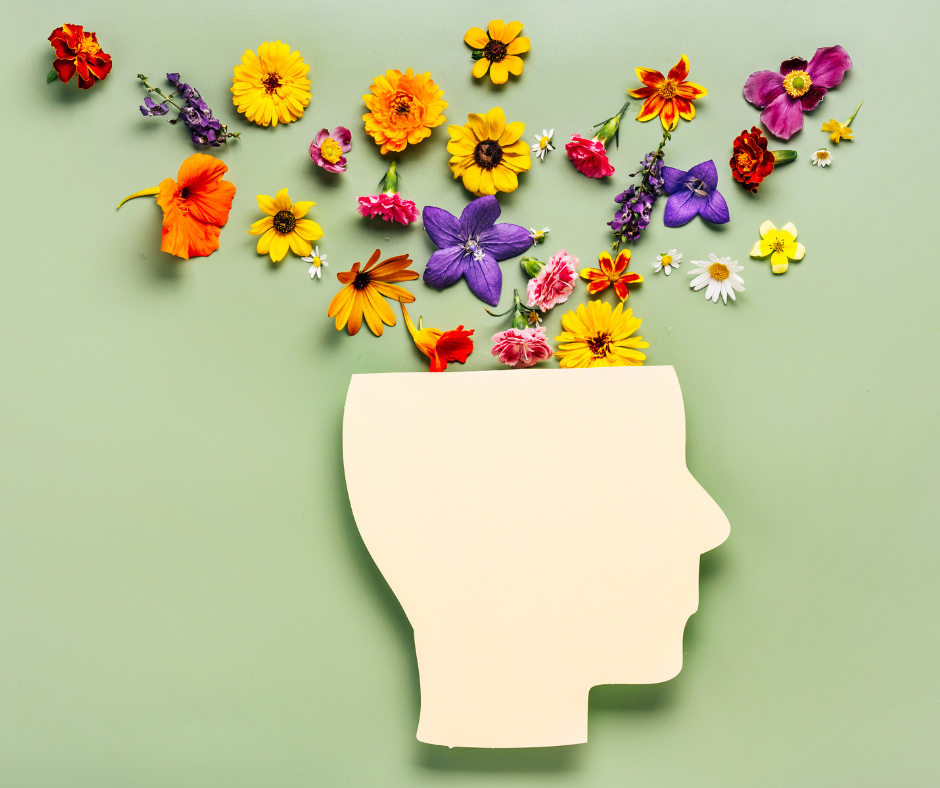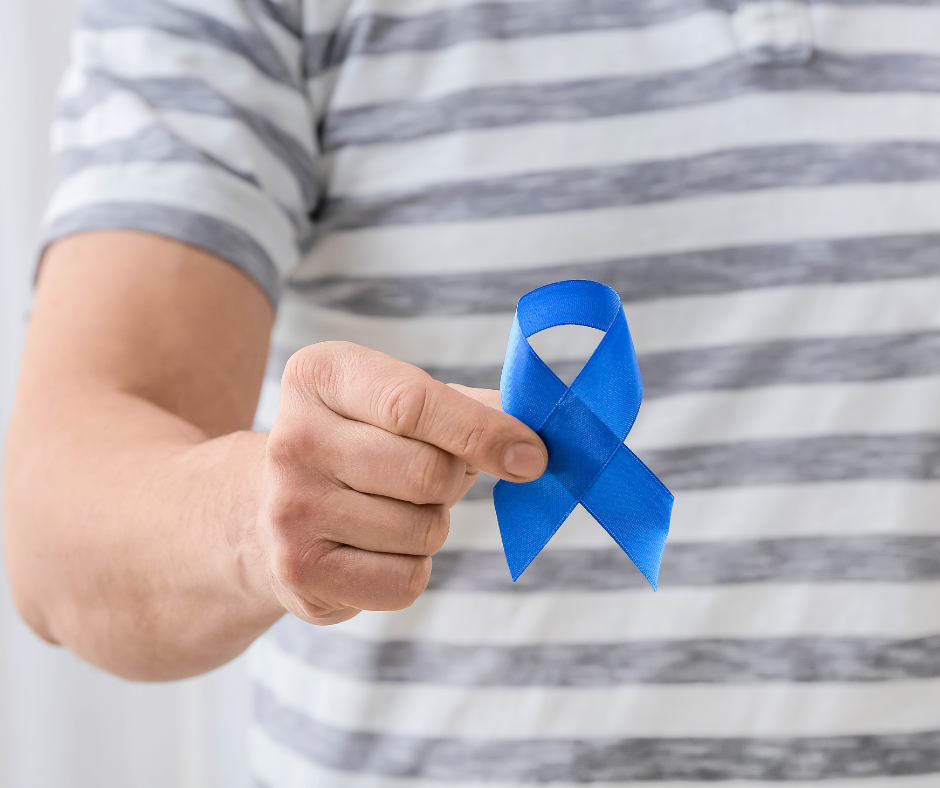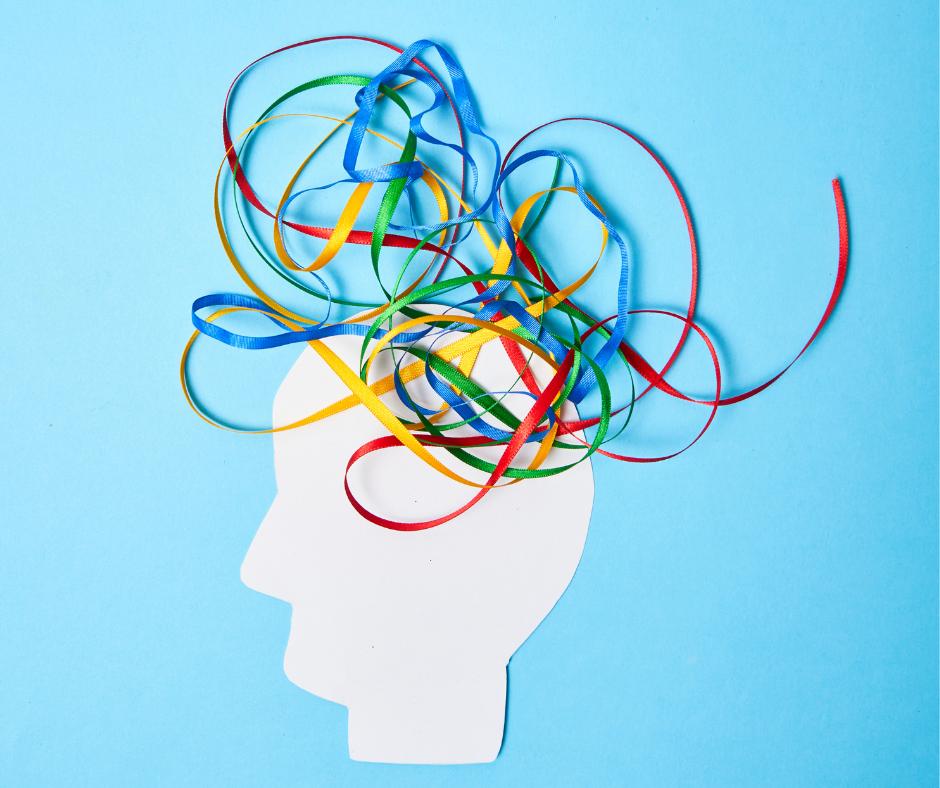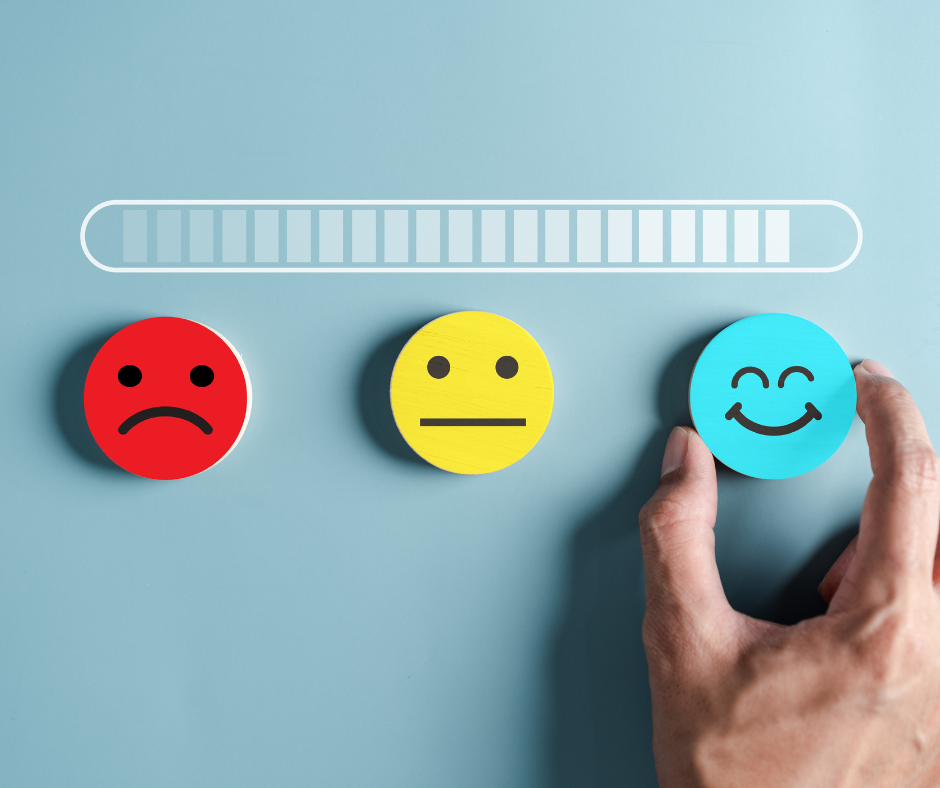Mental Health Month
Mental Health Month

Mental health is just as vital as physical fitness. Unfortunately, a certain societal stigma persists that prevents people from seeking help when they are plagued by issues concerning their mental health. That's why Mental Health Awareness Month is so crucial. It's a great time to break down those barriers and openly start a mental health conversation. This comprehensive guide will explore the importance of mental health awareness and ways to break the stigma surrounding it.
Definition of Mental Health
Mental health is a state of well-being that includes our emotional, psychological, and social well-being. It affects how we think, feel, and act daily. Good mental health allows us to cope with the day-to-day anxieties of life, work constructively, and contribute to our communities.
Mental Health Awareness Month is an annual observance in May to raise awareness about mental health issues and reduce the stigma surrounding them. It aims to educate the public about mental health, promote early detection and treatment, and advocate for policies that support people with mental health conditions.
During Mental Health Awareness Month, organizations and individuals work together to increase awareness of mental health issues through various activities and events. These include mental health screenings, educational workshops, community events, and social media campaigns. The goal is to reduce the stigma associated with mental health issues and promote open discussions about mental health in our communities.
Causes of Mental Health Disorders
Various factors, including biological, environmental, and psychological factors, can cause mental health disorders. Let's explore each of these in more detail.
Biological Factors
Biological aspects such as genetics, brain chemistry, and hormonal inequalities can play a role in developing mental health disorders. For example, research has shown that specific genes may increase the risk of growing conditions such as depression, anxiety, and bipolar disorder. Similarly, neurotransmitter imbalances, chemicals that help regulate mood and behavior, can also contribute to mental health problems.
Environmental Factors
Environmental factors such as exposure to trauma, abuse, neglect, and chronic stress can also contribute to mental health disorders. For example, childhood experiences such as neglect, misuse, or parental divorce can increase the risk of developing mental health problems later in life. Similarly, ongoing stressors such as financial difficulties, work-related stress, and relationship problems can also take a toll on mental health.
Psychological Factors
Psychological factors such as personality traits, coping styles, and past experiences can also play a role in developing mental health disorders. For example, individuals with a tendency towards negative thinking or who struggle with low self-esteem may be more susceptible to depression or anxiety. Similarly, past experiences such as trauma, loss, or a history of substance abuse can also contribute to developing mental health problems.
Stigma in Mental Health
Stigma refers to people's adverse perspectives and feelings towards individuals with a mental health disorder. Stigma can manifest in many ways, including discrimination, prejudice, and social exclusion. Unfortunately, the stigma surrounding mental health issues is still prevalent in our society and can significantly impact those who experience it.
Ways to Break the Stigma
The points ahead explore methods to break the stigma in detail, providing actionable steps to help break the stigma and promote mental health awareness.
Education and Awareness
This involves providing accurate and reliable information about mental health disorders, their causes, and treatments. Educating people can help them understand that mental health is just as important as fitness and that pursuing help for mental health problems is a sign of strength, not weakness. Raising awareness about mental health can also help do away with stereotypes and misconceptions surrounding mental health disorders.
Language and Communication
Language and communication are crucial in breaking the stigma surrounding mental health. The words we use can significantly impact how we perceive mental health disorders and those who live with them. For example, derogatory or stigmatizing language can contribute to negative attitudes and beliefs towards mental health disorders. On the other hand, using respectful and compassionate language can help promote understanding and empathy. Open communication about mental health can also help reduce stigma by encouraging people to talk openly about their experiences and feelings.
Support and Empathy
Providing support and empathy to individuals with mental health disorders is essential in breaking the stigma. This involves creating a supportive environment where individuals feel comfortable seeking help without fear of discrimination or judgment. Support can come in many forms, including counseling, peer support groups, and community resources. Showing empathy towards individuals with mental health disorders can also help reduce stigma by promoting understanding and acceptance.
By spreading awareness and encouraging open conversations, we can help remove the barriers that prevent people from seeking help. If you or a loved one are toiling with mental health problems, don't hesitate to contact
Permian Regional Medical Center for our health services. Located in Texas, our experienced team is ready to provide the support and care you need.
Contact us today at
432-464-2200!









